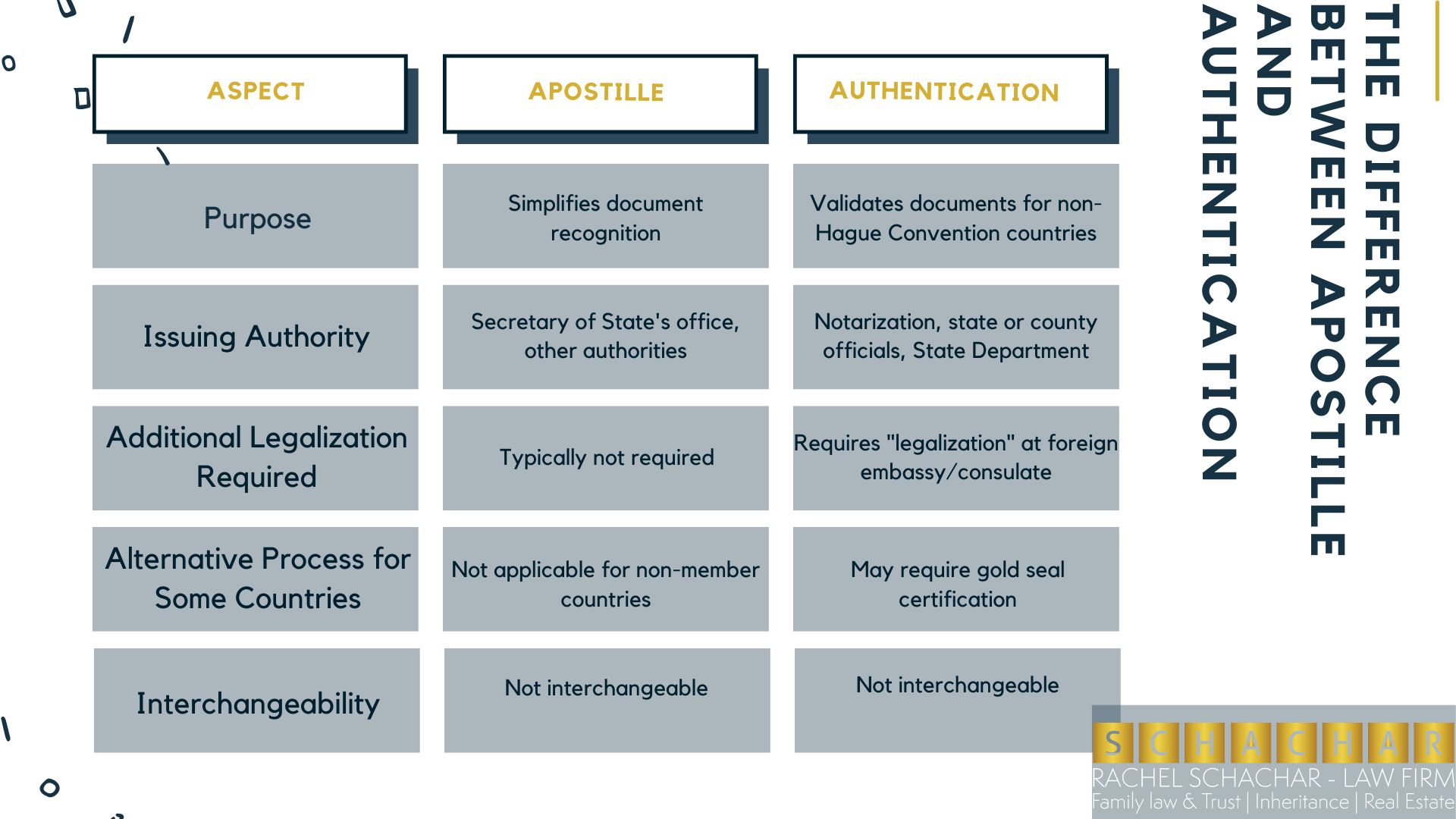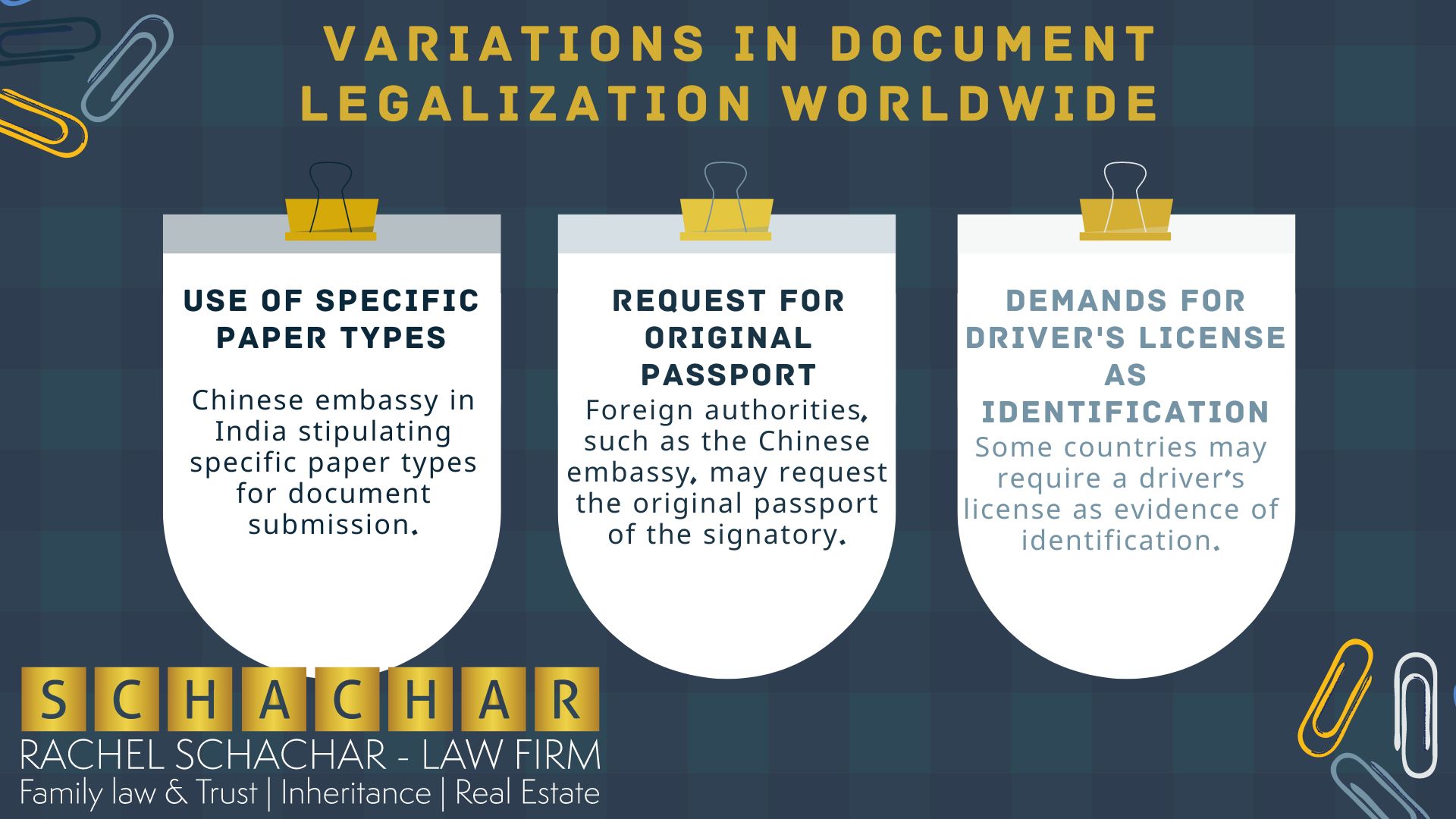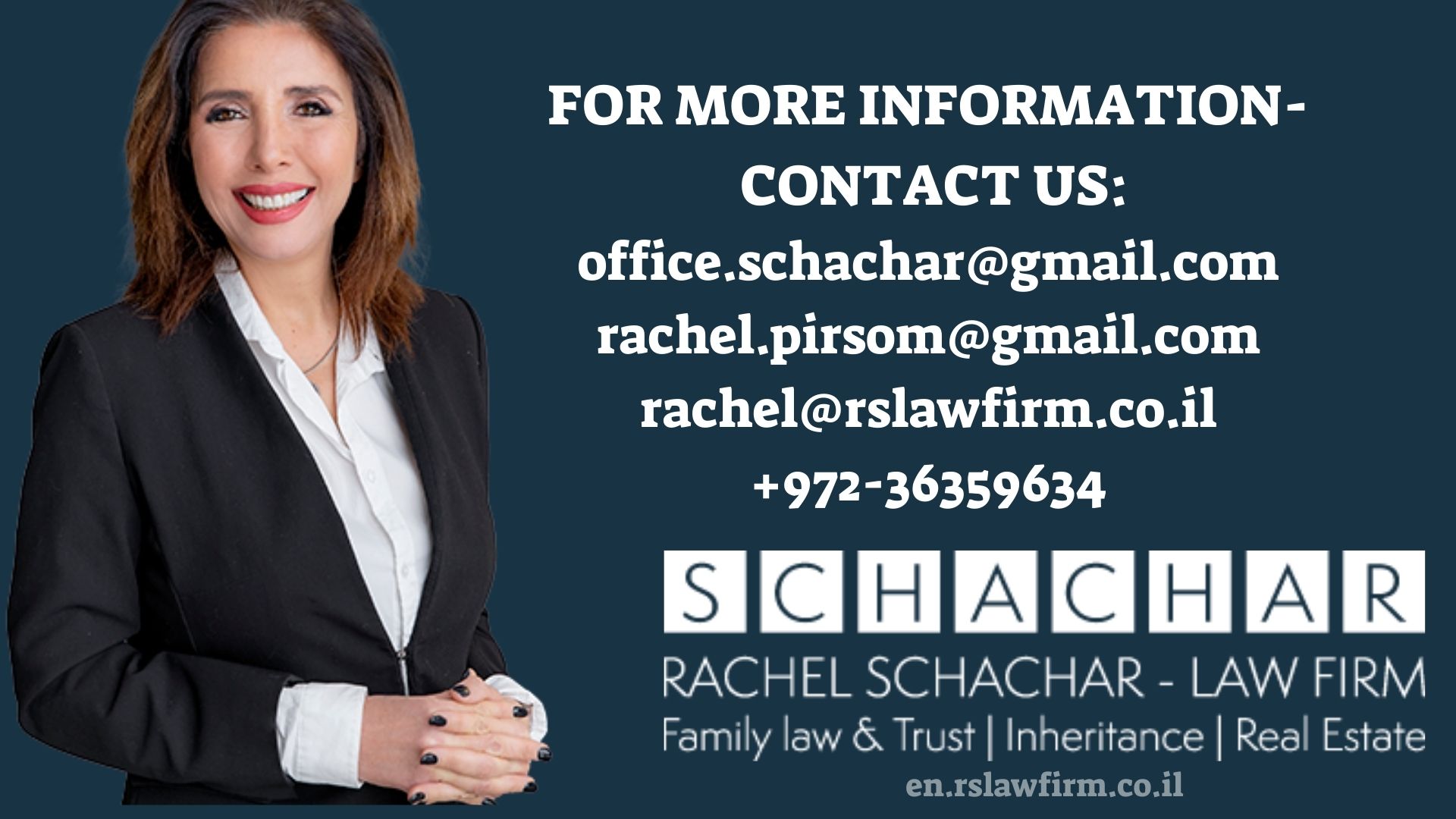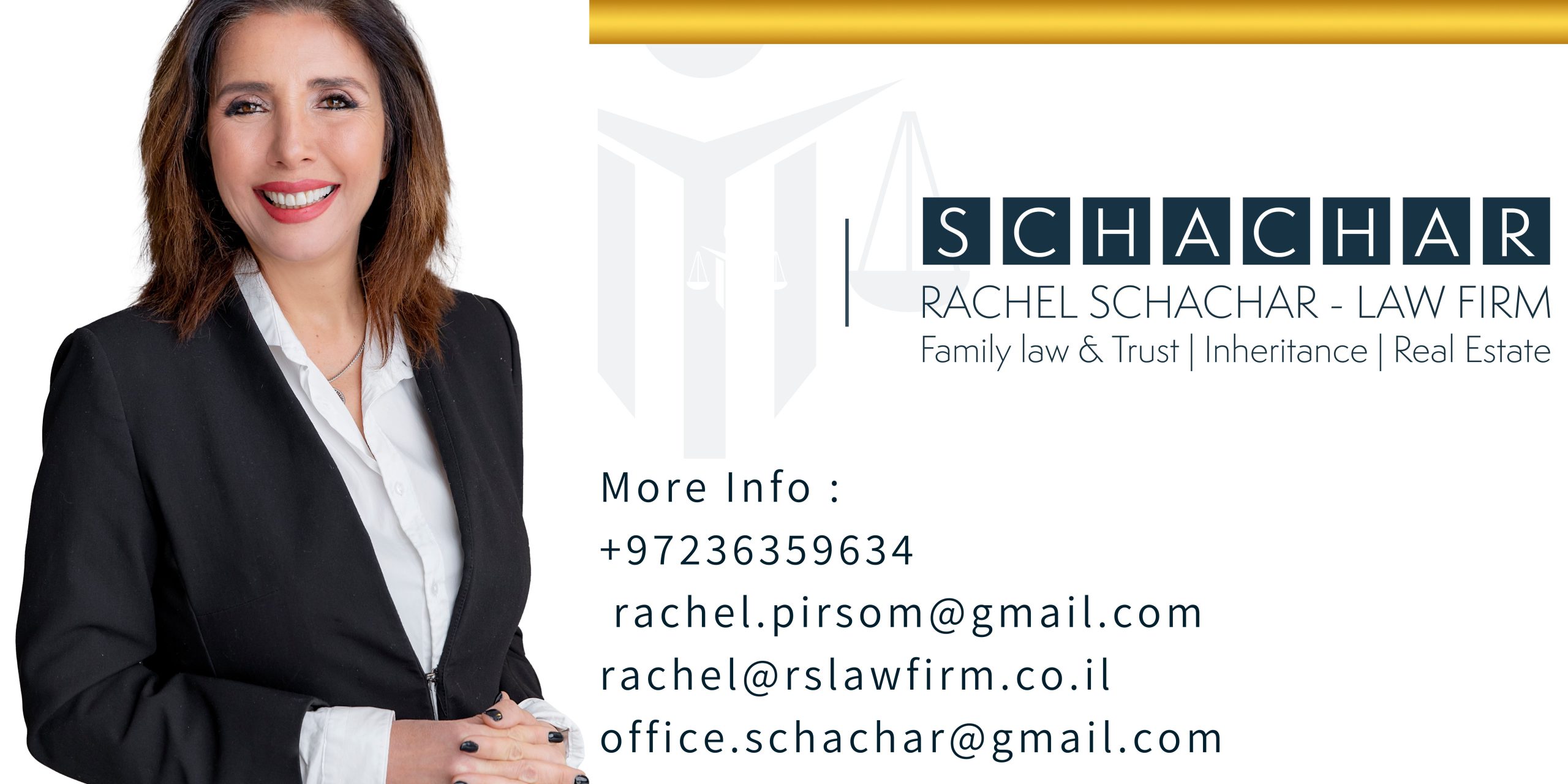Understanding the Difference Between Authenticated and Apostille Documents
When it comes to the intricate world of international document validation, the terms “authenticated” and “apostille” frequently surface, often causing confusion. In this article, we aim to clarify these terms and their distinctions, shedding light on the crucial differences between the two processes.
Apostille: A Universal Seal of Authentication
Let’s begin by demystifying the term “apostille.” An apostille is essentially a streamlined authentication process designed to simplify the recognition of public documents in foreign countries. Specifically, it caters to nations that are signatories to the 1961 Hague Convention Treaty. When public documents, such as corporate certificates, need to be acknowledged internationally, they can be bestowed with an apostille certificate.
This certificate, often resembling a formal seal, is typically issued by the Secretary of State’s office or other competent authorities, including U.S. federal court clerks or the U.S. Department of State Office of Authentications. The beauty of an apostille is that, in most cases, it negates the need for additional certification or legalization by the embassy or consulate of the foreign country where a business seeks to operate.
Differences Between Apostille and Authentication
| Aspect | Apostille | Authentication |
| Definition | Streamlined authentication for member countries | Process for non-Hague Convention countries |
| Issuing Authority | Secretary of State’s office or other authorities | Notarization, state or county officials, State Department |
| Additional Legalization Needed | Typically not required | Requires “legalization” at the foreign embassy/consulate |
| Alternative | Not applicable for non-member countries | May require a gold seal certification |
| Interchangeability | Not interchangeable | Not interchangeable |
Authentication: A Different Path for Non-Hague Convention Countries
Now, let’s shift our focus to “authentication,” a distinct process that comes into play when dealing with countries that do not participate in The Hague Convention. For entities planning to establish a business presence in such countries, authentication becomes a vital step in validating corporate documents.
Authentication entails several steps, starting with notarization—a certified confirmation of the authority of a public official, typically a notary public. After notarization, the documents undergo review by state or county officials. Following this, they receive certification from State Department officials, marking the completion of the authentication process.
However, the journey doesn’t end there. To make these documents fully recognized in the foreign jurisdiction, they must undergo a process called “legalization.” Legalization is conducted at the country’s embassy or consulate located within the United States.

Gold Seal Certification: A Unique Demand
Intriguingly, some countries that are not part of The Hague Convention may require an alternative to the apostille. Rather than an apostille, they may demand a copy of your Articles of Incorporation/Organization authenticated with a formal gold seal. It’s essential to note that even in this scenario, additional steps may still be needed for complete document recognition in the foreign country.
Apostille and Authentication: Not Interchangeable
It’s imperative to recognize that apostille and authentication are not interchangeable terms. Selecting the correct process is paramount, as an error in this regard can result in the rejection of the document by the foreign country.
For example, consider Canada, a significant trading partner with the United States but not a participant in The Hague Convention. In such cases, the apostille process does not apply. Submitting an apostille when authentication is required for use in Canada will lead to rejection and render the document unusable. It necessitates obtaining a clean version before resubmission to the Canadian embassy or consulate.
Navigating the Apostille and Authentication Process
| Key Considerations | Details |
| Document Requirements | Documents must be original, complete, and free from copies. Annexes must be included if referenced. |
| Translation Requirements | If necessary, documents must be translated by a sworn translator or involve legalized translation. |
| Surrender of Documents | Be prepared to relinquish documents to unfamiliar authorities, potentially for an extended period. |
| Notary Distinctions | Notaries vary from country to country, introducing nuances that must be considered in the process. |
| Due Diligence | Meticulous attention to detail is essential to navigate the complexities of international document validation. |
Navigating the Process of Apostille and Authentication
Securing apostilles and authentications can be a time-consuming process, often requiring several weeks for completion. Moreover, it involves in-person visits to consulates and embassies, adding complexity to the endeavor.
To navigate this intricate landscape, meticulous due diligence is essential. Documents must be original, complete, and free from copies. Any referenced documents or annexes must be included for review. If a document necessitates translation, it must be undertaken by a sworn translator or involve a legalized translation, as per foreign authority requirements.
Companies must also prepare for the relinquishment of documents to unfamiliar authorities, potentially for an extended period. Adequate planning is crucial to ensure that other facets of the business remain unaffected during this time.
Furthermore, notaries differ from country to country, introducing nuances that must be considered in the apostille and authentication processes. These seemingly minor details can have significant ramifications, potentially causing delays in commencing global endeavors.
In conclusion, while both apostille and authentication serve the common purpose of certifying the authenticity of public documents for international recognition, they follow different paths and cater to distinct sets of countries. Understanding these differences and adhering to the correct process is essential for a seamless expansion into the global arena.

Variations in Document Legalization Worldwide
One must also acknowledge the diverse requirements imposed by different countries in the realm of document legalization. It’s essential to understand that while apostilles and authentications serve as standardized procedures, individual nations often introduce their own unique demands.
For instance, when employing documents issued by one non-U.S. country in another non-U.S. country, intricacies can emerge. Take, for example, a case where the Chinese embassy in India stipulated the use of specific paper types and requested the original passport of the signatory. In different instances, foreign authorities may even demand a driver’s license as a means of identification. These nuances may appear trivial, but they underscore the importance of meticulous attention to detail when navigating the complexities of international document validation.
The Role of Notaries in Document Validation
| Notarial Practices Worldwide | Impact on Apostille and Authentication Processes |
| Notaries have varying functions and responsibilities globally. | Distinctions in notarial practices can introduce complexities into the document validation processes. |
| Different notarial practices must be considered in each jurisdiction. | Vigilance about unique notarial requirements is crucial for a successful global venture. |
The Role of Notaries in a Global Context
Finally, it’s crucial to recognize that notaries do not wield uniform authority worldwide. Their functions and responsibilities can vary significantly from one country to another. Consequently, these distinctions in notarial practices can introduce additional intricacies into the apostille and authentication processes. To ensure a smooth and successful venture into the global market, individuals and businesses must remain vigilant about the unique requirements of each jurisdiction they engage with, embracing a comprehensive approach to document validation that leaves no room for oversight or error.
Our office specializes and is a leading office in Apostille services
If you find yourself in need of professional assistance with apostilles of any kind in Israel, look no further. Our firm; Rachel Schachar’s Law & Notary Firm’s, we specialize in navigating the intricate landscape of document authentication and apostille processes. Our team of experienced notaries and legal experts is dedicated to ensuring your documents are handled with the utmost care and expertise. Whether you’re dealing with apostilles, authentications, or any other aspect of international document validation, we are here to provide you with the guidance and support you need. Don’t let the complexities of document legalization deter you from your international ventures. Contact us today to discover how our services can streamline the process and help you achieve your global goals with confidence.


Lawyer and notary Rachel Shachar
A family attorney for inheritance, wills and divorce matters, she heads the Shahar attorney office, which is considered one of the boutique offices at the top of the law offices in Israel. The firm she founded grew and developed and today provides a variety of services, including


